California has officially announced plans to ban the sale of new all-gas-powered cars by the year 2035.
To reach this very high goal, the Golden State has also made requirements and milestones that the entire state must reach in the next few years. While some have criticized this move, many environmental activists have praised it.
Banning Gas Powered Car Sales
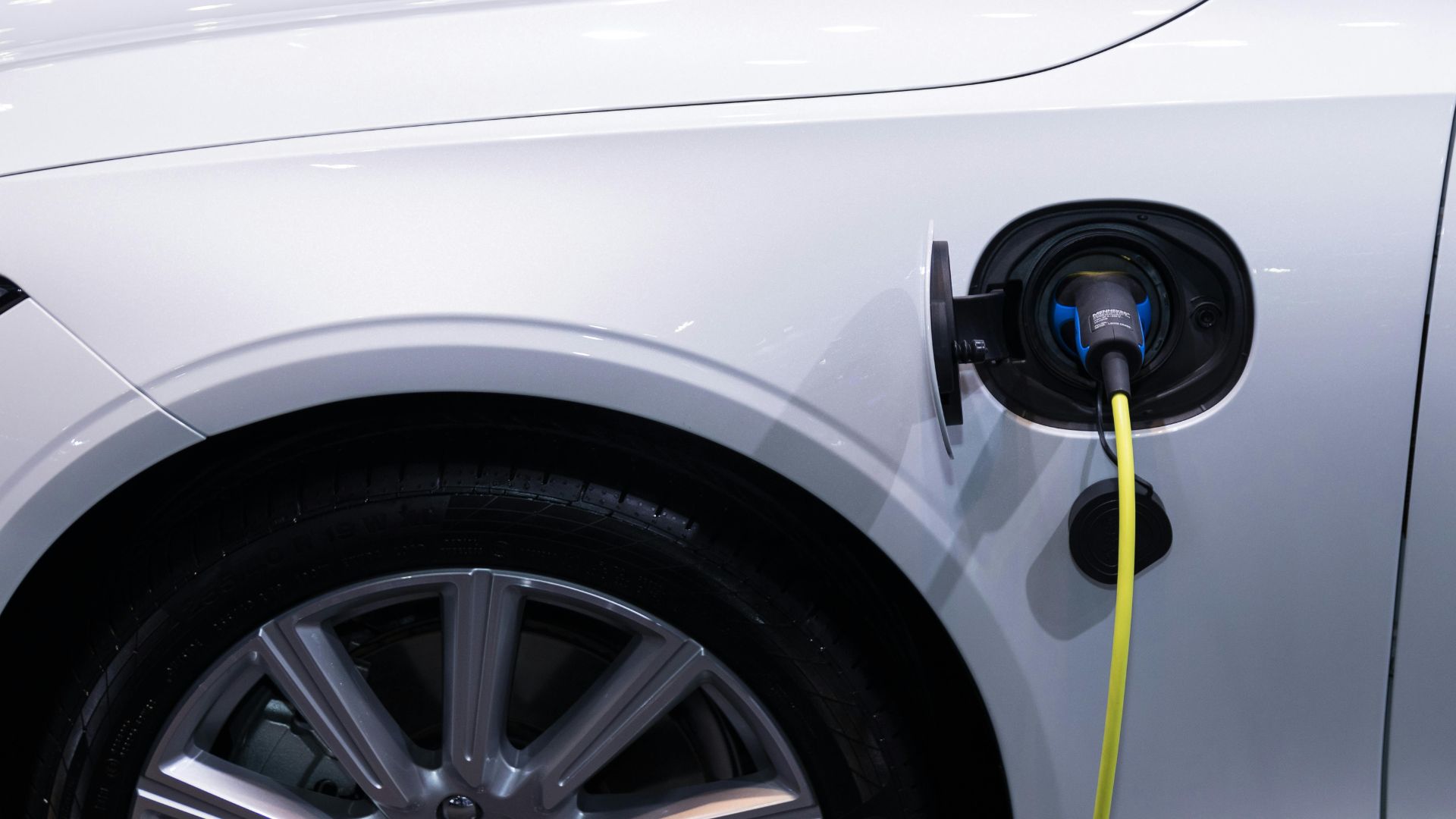
According to the California Air Resources Board, by 2035, no gas-powered car will be able to be sold throughout California.
Instead, only electric cars will be able to be bought in the state after this deadline. This strict ban only affects the sale of new cars, and only 100% gas-powered vehicles.
Pushing Electric Vehicles in California

This mandate comes as California increasingly is pushing its residents to invest in owning electric vehicles (EVs).
This push also comes as the state desires to reach environmentally friendly regulations and keep heavily populated — and heavily polluted — California cities clean and healthy.
What Cars Can Be Sold After This Ban?
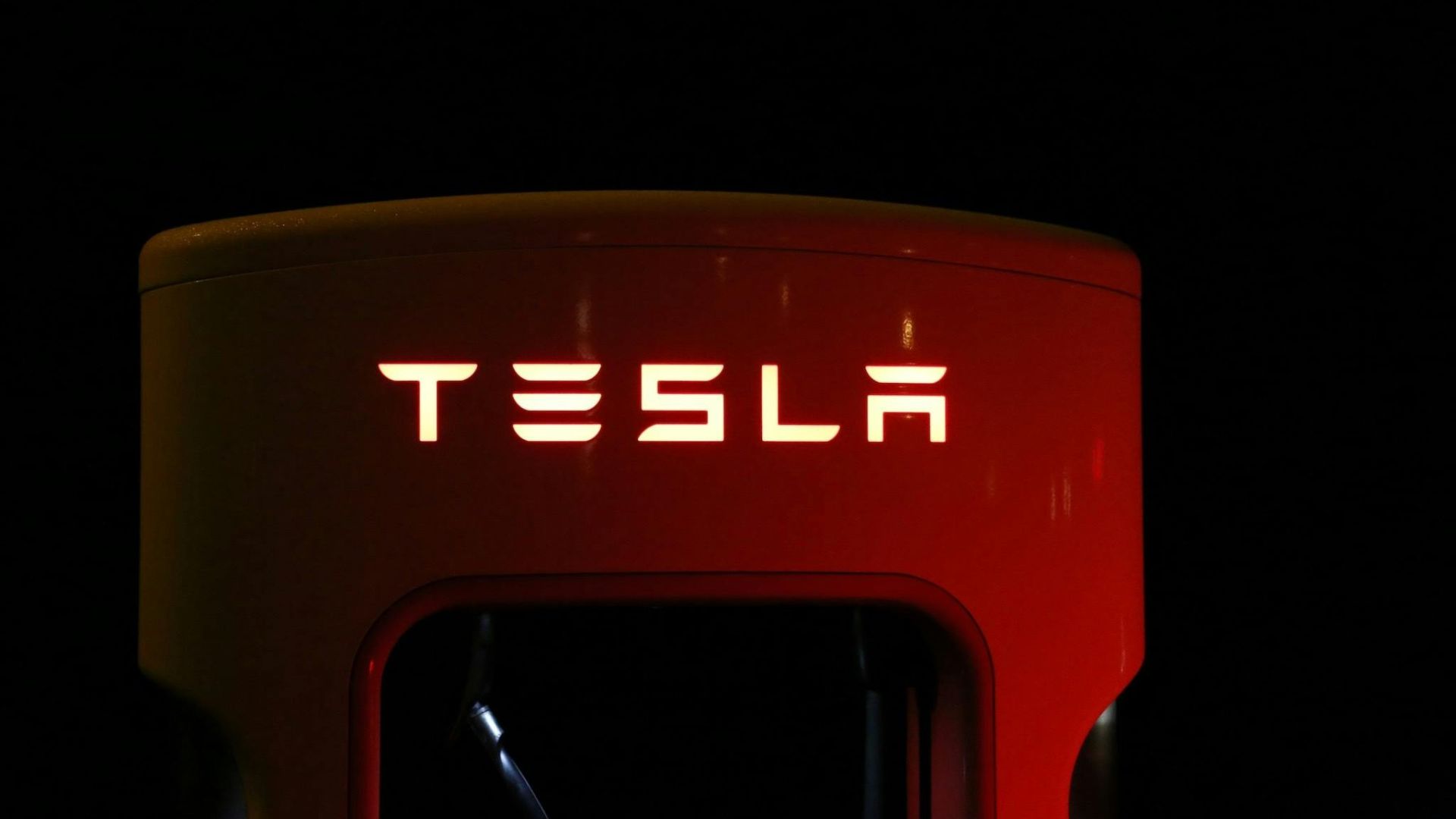
Once this ban fully goes into effect in 2035, only electric vehicles will be able to be bought when people are looking for new cars to buy.
These cars can be partially or fully electric. Therefore, hybrid cars can still be sold after 2035. Only sales of fully gas-powered cars — and new ones at that — will be banned.
Meeting Milestones

To help ensure that Californians adapt well to this complete ban in the next decade, California has set in place various milestones that the state must meet in the next few years.
For example, California is requiring that at least 35% of all new vehicles be fully or partially electric by 2026.
Buying Hybrids
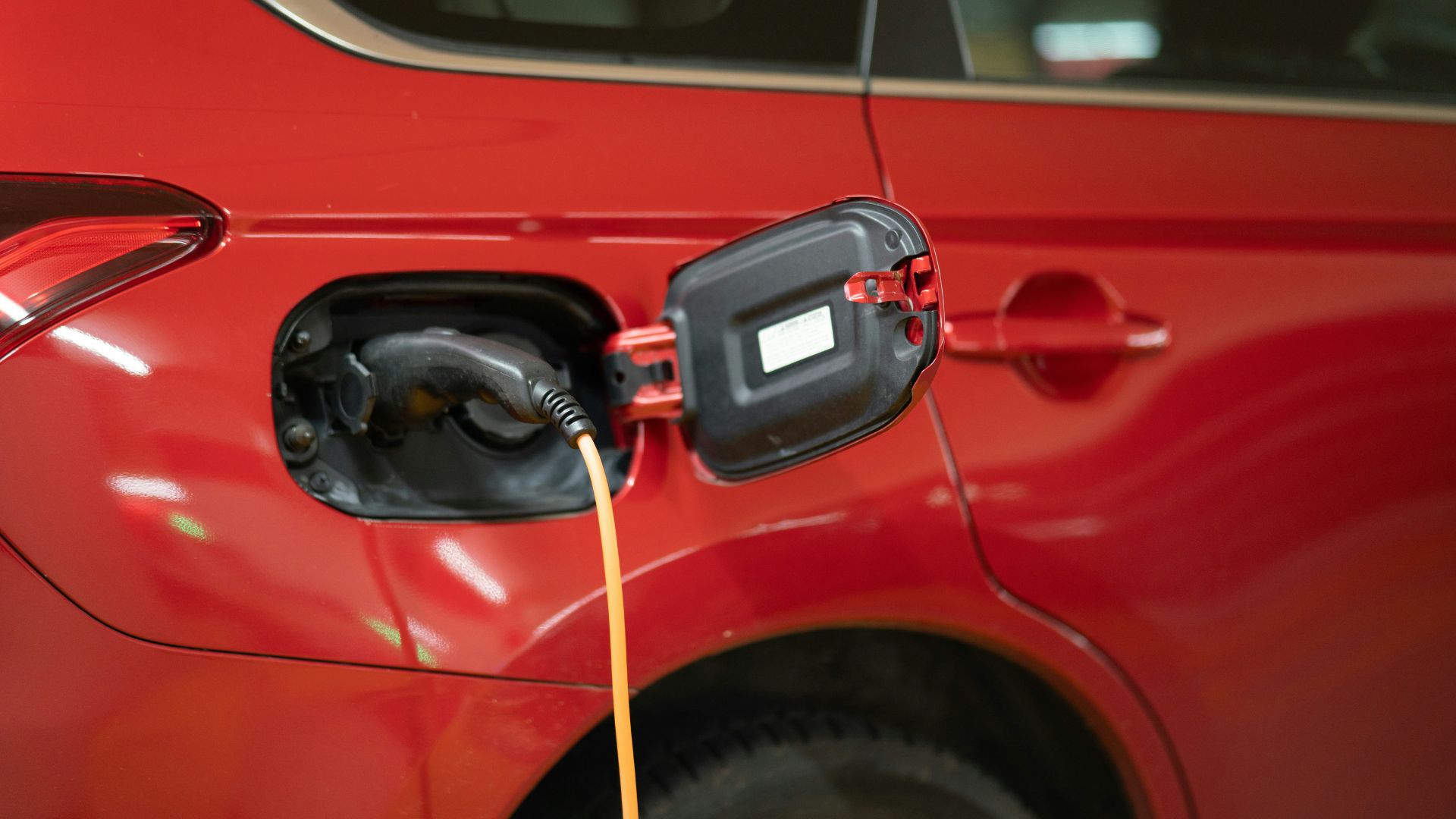
Hybrid cars are also encouraged by the state — but only to a certain extent.
For example, plug-in hybrids will be considered to be fully electric cars, but only if they provide at least 70 miles of the electric-only range. They must also meet other electric vehicle regulations in the state.
An Important Step
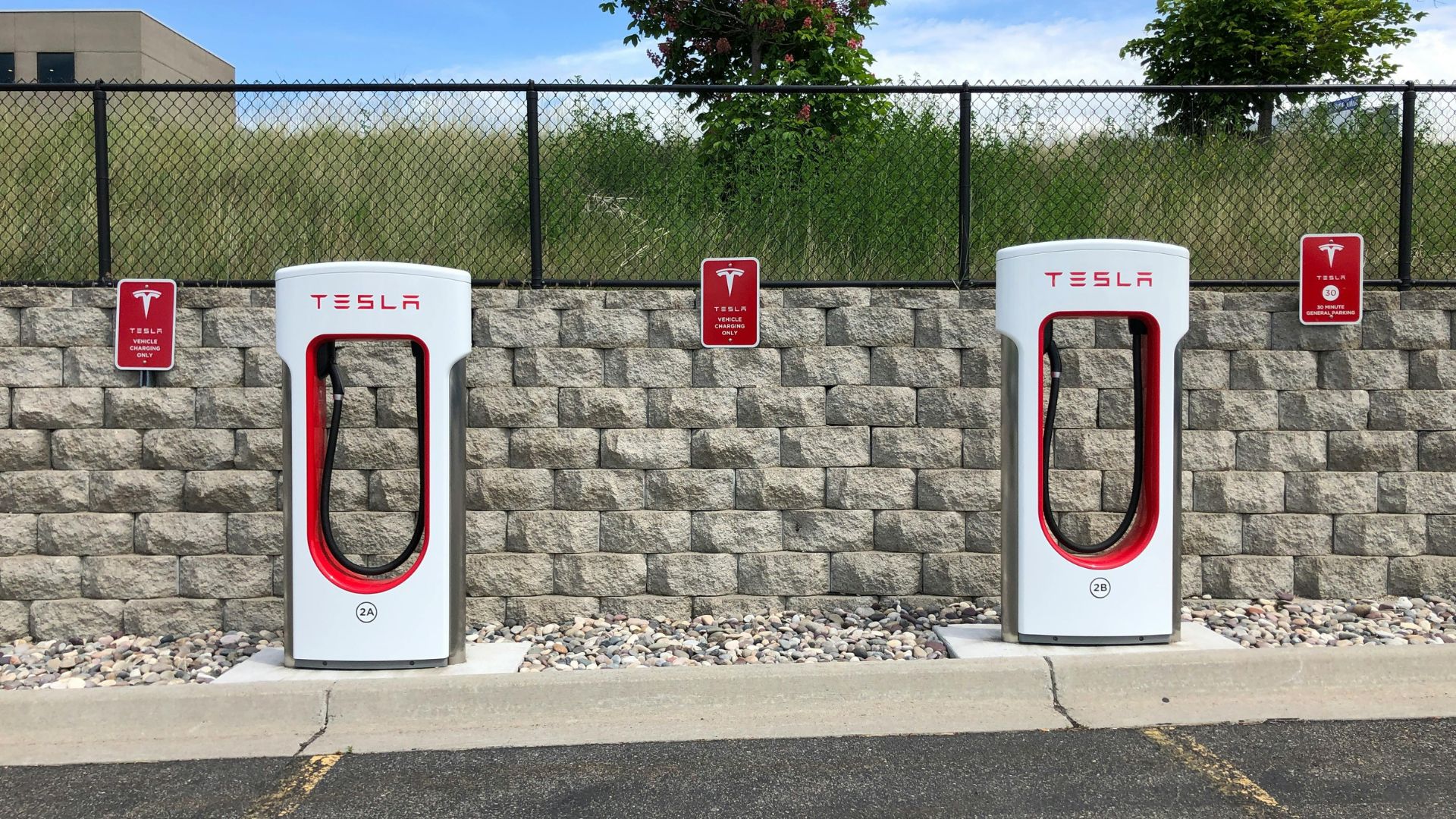
For many environmentalists and activists, this ban is an important step to ensuring that California does its best to help with emissions.
A California Air Resources Board member, Daniel Sperling, explained, “This is monumental. This is the most important thing that CARB has done in the last 30 years. It’s important not just for California, but it’s important for the country and the world.”
Why This Ban Occurred

This ban began after California Governor Gavin Newsom issued an executive order that would phase out the sale of new gasoline-powered vehicles.
Newsom required the California Air Resources Board to take this order and develop necessary regulations to ensure these needs could be met.
Lowering Emissions
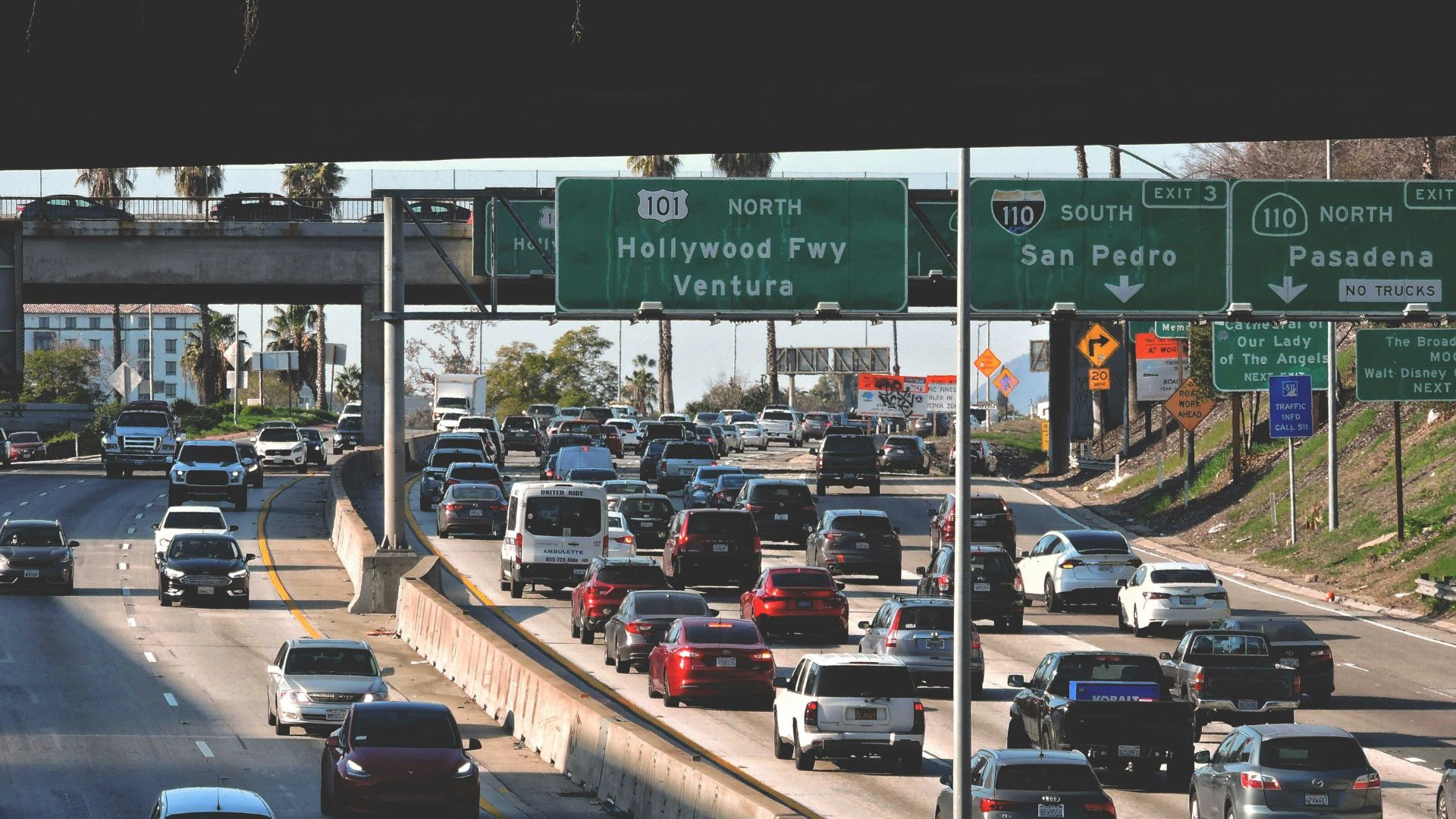
All of this has been done in an effort to lower the amount of emissions seen in California. Transportation’s greenhouse gas emissions in the state are incredibly high, thanks to the amount of cars on the road and the large population the state holds.
To help with ongoing climate change issues, environmentalists wanted to see a ban like this take place.
Decreasing Greenhouse Gas Emissions Around the Country

Many scientists have come out to explain that the country must begin to decrease its overall greenhouse gas emissions in order to help solve the climate crisis.
California’s latest efforts are designed to do this. President Joe Biden’s administration has also worked to lower gas emissions by 40% by 2030.
Criticism Against This Ban

While there is some criticism against this ban in California, many automakers and companies haven’t necessarily tried to fight against it.
Sperling explained this unusual move by saying, “The car companies see what’s happening in China, in Europe. Many of them have already made announcements about how they’re converting totally to electric vehicles.”
California’s Influence
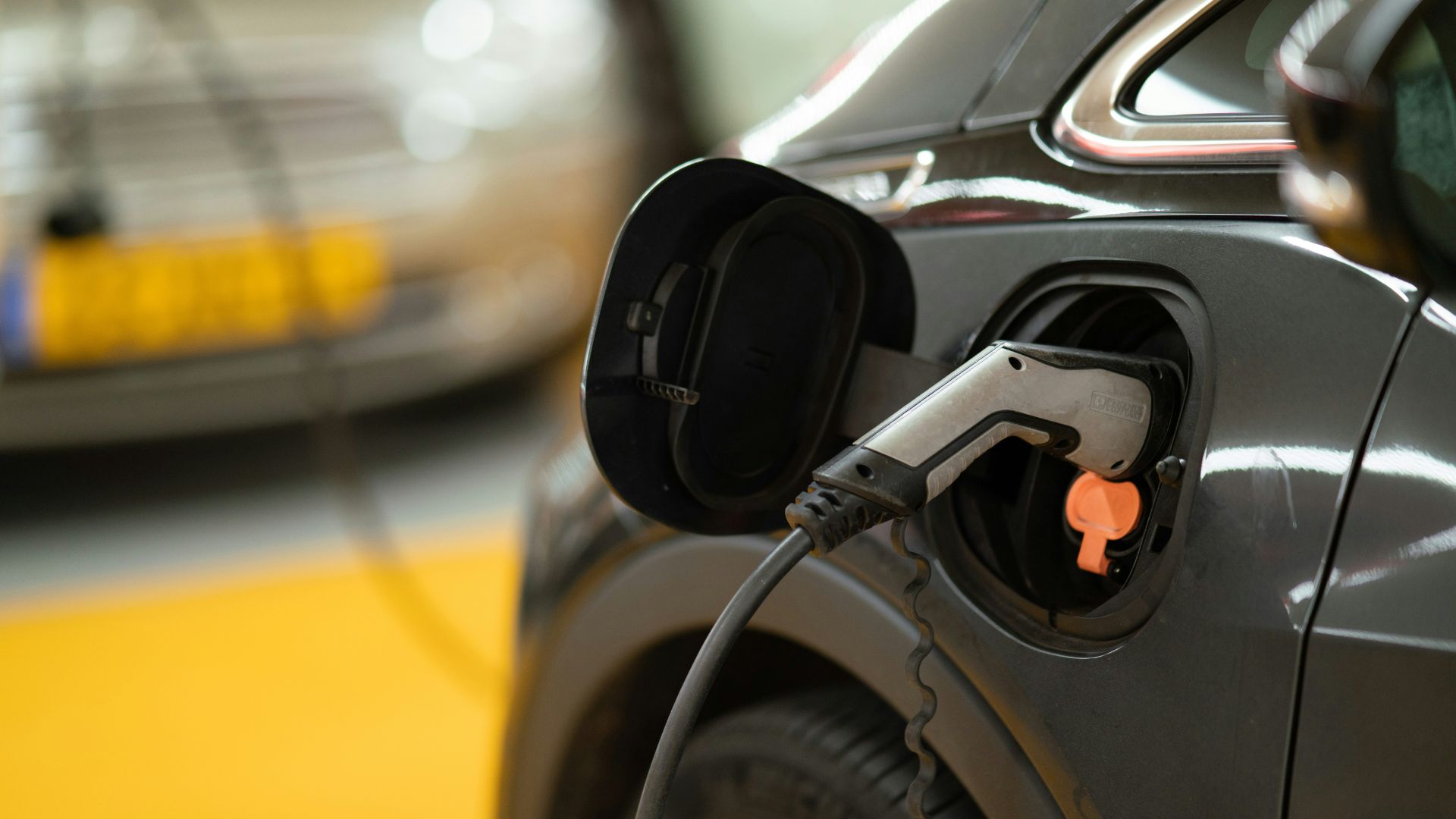
Many analysts believe that this move by California could end up influencing other states, the U.S. federal government, and even countries overseas.
Other countries, such as Canada, Sweden, and Denmark, have also begun to look at similar regulations on gas-powered vehicles.
